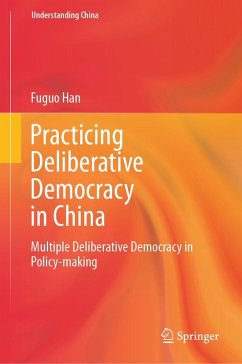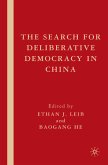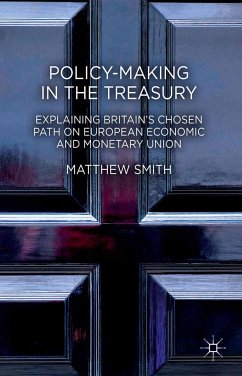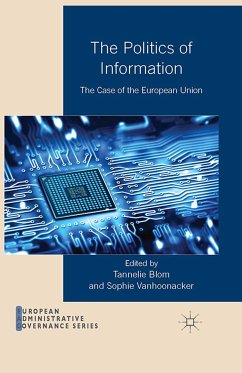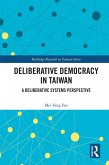This book argues that most public affairs can be openly discussed before consensus is reached, and people from different backgrounds should be encouraged to get involved in policy-making on an equal basis. This is considered multiple deliberative democracy. The book features in-depth discussions on why multiple deliberative democracy is needed in China, what specific procedures it entails, and how it is conducted in local communities across the country. In addition, it probes into the areas of public administration where multiple deliberative democracy can be employed to enhance informed decision-making on public affairs, such as community self-governance matters, matters to be voted on by the National People's Congress, collecting CPPCC motions, social organization (or corporation) consultation, vital planning schemes of the society, and citizen education. Furthermore, the monograph explores the pluralism in deliberative democracy, such as mass symposium, citizen (villager) BBS, community Internet BBS, discussions in open areas of the community, "vision workshops", and citizen jury. It is concluded that thorough deliberation among citizens may profoundly impact the government's informed-decision-making. The book exposes the readers to the democratic system of modern China and sheds lights on its contextualized, unique multiple deliberative democracy procedures and practices. University students, researchers, and practitioner in the fields of political science, public administration, and international relations, among others, may find this book informative and intriguing.
Dieser Download kann aus rechtlichen Gründen nur mit Rechnungsadresse in A, B, BG, CY, CZ, D, DK, EW, E, FIN, F, GR, HR, H, IRL, I, LT, L, LR, M, NL, PL, P, R, S, SLO, SK ausgeliefert werden.

